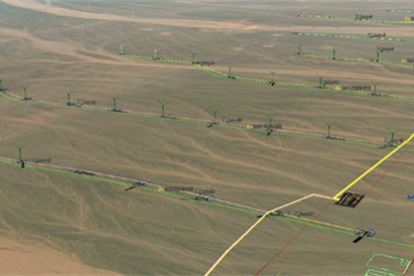Nation learns lessons from rebuilding Wenchuan: China Daily editorial

Ten years ago, on May 12, 2008, a devastating magnitude 8 earthquake hit Wenchuan county in Sichuan province. It killed nearly 70,000 people and left around 18,000 people missing. The disaster also left an indelible scar on the collective memory of the Chinese nation.
As the country marks the 10th anniversary of the quake on Sunday, we can take pride in how the stricken areas have risen from the ruins, in the fortitude of those who survived the quake, and in the helping hands that have been offered and continue to be offered to help them rebuild their lives.
Not least the huge amount of assistance in various forms provided by the central government and the governments of provinces and regions nationwide, which has helped the economies and disposable incomes of residents in the 39 counties and regions in Sichuan that were hardest hit by the quake expand more than threefold over the past decade. That is higher than the province’s average, according to official statistics.
But while it is right to acknowledge what has been achieved in the post-disaster reconstruction efforts, we should bear in mind that the best way to commemorate the dead and missing is to make sure that the nation is better prepared for any natural disaster.
To help ensure that is the case, an earthquake monitoring network is being set up in the seismically active regions of Sichuan and Yunnan in an effort to explore the possibility of earthquake prediction. The aim is to successfully predict earthquakes whose epicenters are less than 20 kilometers deep, as the closer to the surface an earthquake starts, the more ground shaking and potentially damaging it will be. Fittingly, the first of 2,000 planned monitoring stations was established in Wenchuan on Monday.
Yet while we might one day be able to predict such cataclysmic quakes, it would be hubris in the extreme to believe that we can prevent or forewarn of every natural disaster that may befall us. And while Wenchuan has shown that new buildings, bridges and roads can be built, and economic activities revived, it has also shown how hard it can be for people to get over the psychological aftershocks.
The fact that less than 10 percent of those who suffered psychological problems after the quake have sought counseling shows more attention should now be paid to this area.
Today's Top News
- China's annual express delivery volume tops 170 billion
- Recruiters seek overseas graduates
- 2025 a crucial year to reflect on history
- Beijing, Washington agree to manage differences
- RMB expected to stay resilient, rebound despite headwinds
- 'Ice City' warms up for winter Games






























